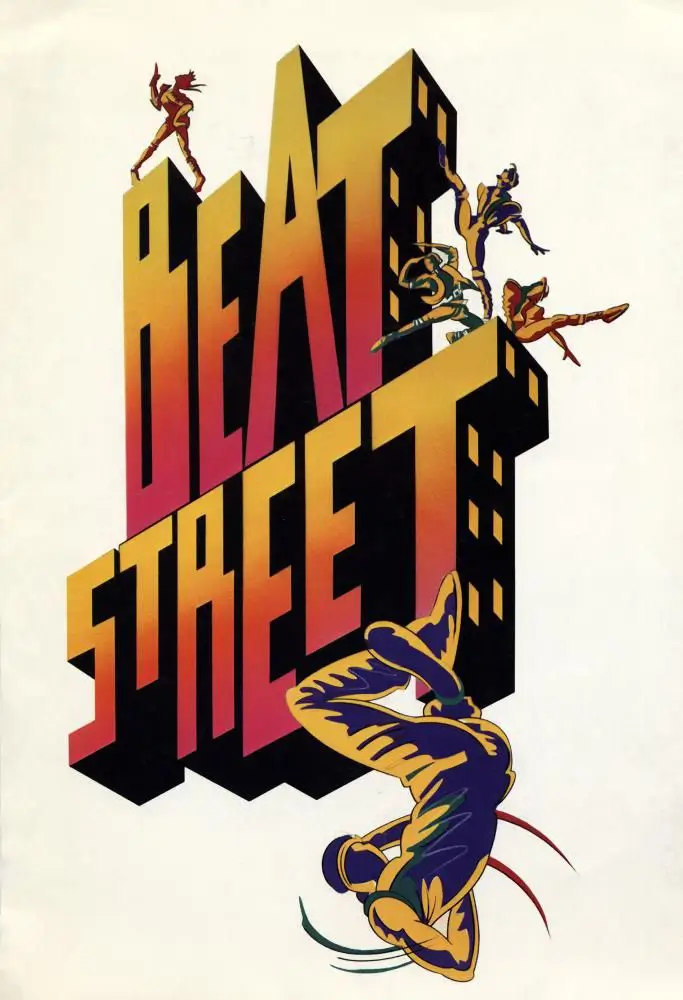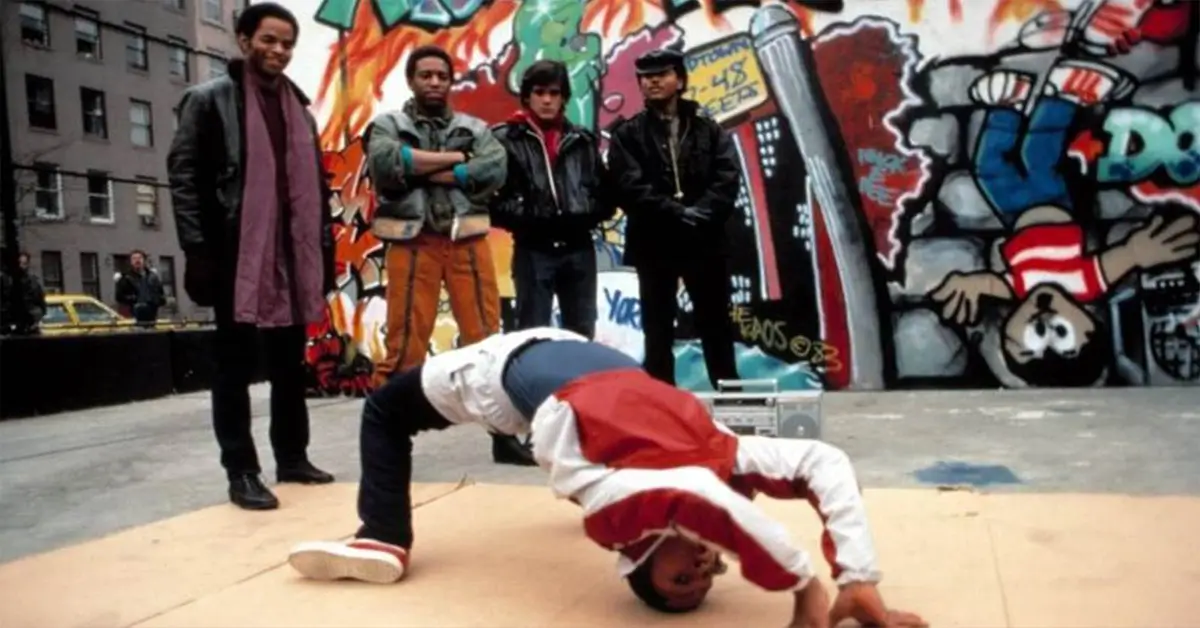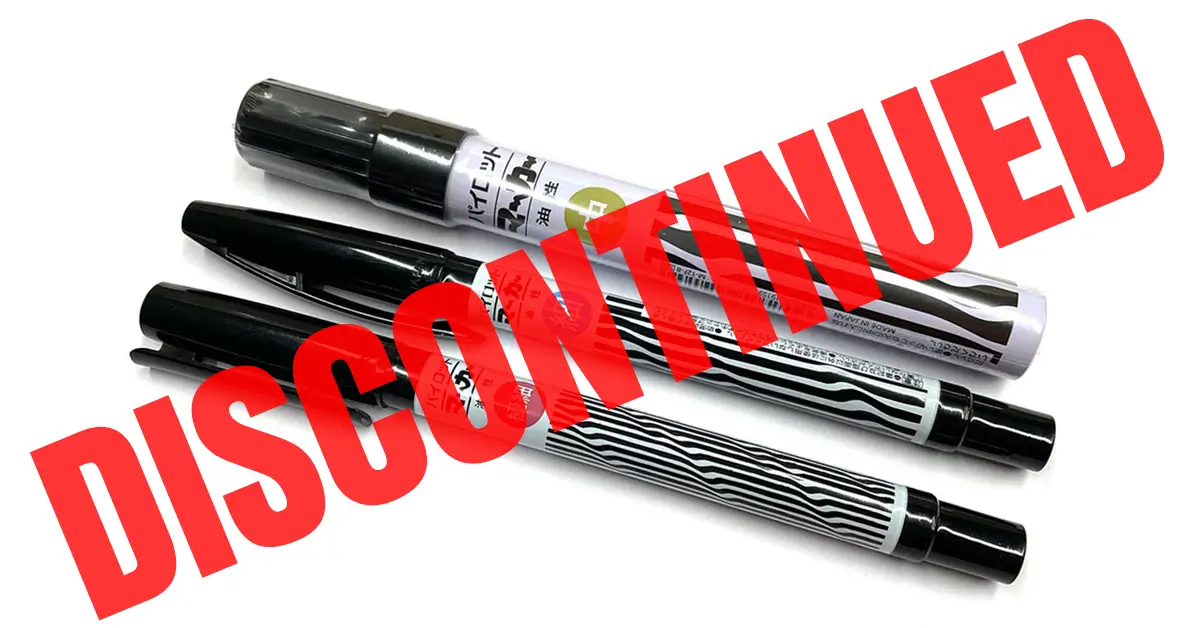Why “Beat Street” Is an Instant Hip-Hop Classic
In June 1984, Beat Street premiered, following Wild Style in depicting a love story set in the Bronx during Hip-Hop’s early days. The film prominently showcases Hip-Hop’s core elements: Graffiti, MCing, DJing, and B-Boying.
It originated from journalist Steven Hager’s script, The Perfect Beat.
Hager approached Jane Fonda’s production company for support, seeking a politically conscious platform, but they declined, offering $500 for the story rights instead.
He then pitched to Harry Belafonte, who aimed for a lighter narrative. Although Beat Street retained a few character names, it diverged significantly from Hager’s script, for which he earned a “story credit.”
The Beat Street soundtrack, released in two volumes, was both groundbreaking and successful. Its title track, “Beat Street Breakdown” by Grandmaster Melle Mel, is renowned as one of Hip-Hop’s most powerful socially-conscious songs.
During a recent lecture, Mel credited Harry Belafonte for inspiring the iconic verses.
“We weren’t even supposed to be in the movie,” Mel explained. “I wrote the song for Guy Davis, but he couldn’t perform it. In the film, he does the first verse with my voice tweaked, and I perform the second.”
Mel described Belafonte’s influence: “Just hearing him talk for 10 minutes about the world was enough to inspire me.”
Produced by Arthur Baker, the soundtrack featured artists like The Treacherous Three with Doug E. Fresh, The System, Juicy, Us Girls, Afrika Bambaataa & The Soul Sonic Force, Rubén Blades, and many others.
Beat Street played a key role in bringing B-Boying, or breakdancing, into mainstream America during the mid-80s. The film is credited with introducing Hip-Hop culture to many countries, especially Germany.
In East Germany, it became popular for highlighting the evils of capitalism, as noted in Keeping It Real In A Different Hood: Hip-Hop in Germany.
“Because the movie focused on the visual elements of Hip-Hop, like graffiti and breaking, those had the biggest impact on Germany’s emerging Hip-Hop scene,” said author Timothy Brown.
Today, Beat Street remains a cult classic, continuing to resonate decades after its release.





